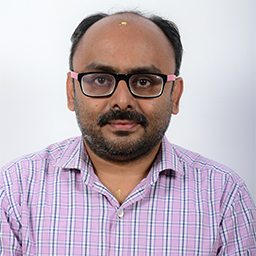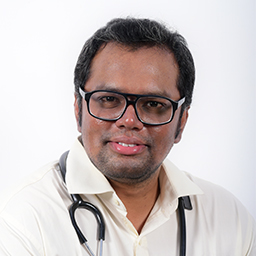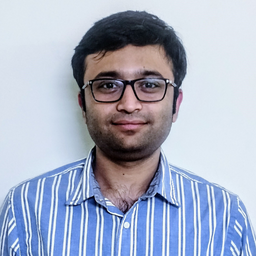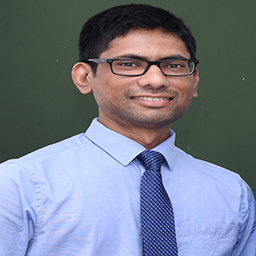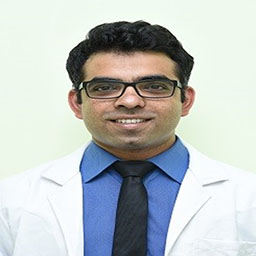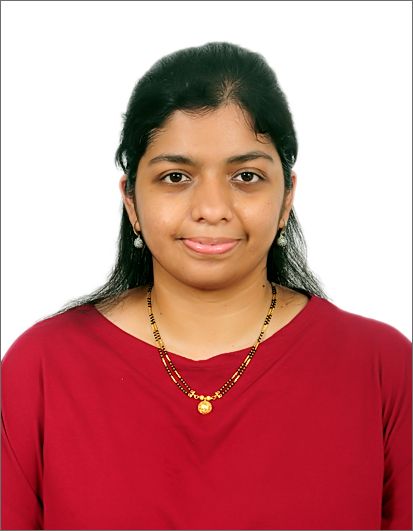What is MCCCC?
Manipal Comprehensive Cancer Care Centre (MCCCC) is a standalone cancer centre situated within a tertiary teaching hospital. The hospital registers around 4,000 new cases of cancer every year.
Patients with cancer need a specialised approach based on their cancer biology, complications and compromised immune status. The care of these patients managed by a non-cancer specialist could be compromised due to a lack of a specialised approach hence the need for Comprehensive Care.

What is Comprehensive Cancer Care?
Person-Centered Cancer Care
The treatment of cancer will be person centered where patients and their families will be equal partners in planning, developing and executing their cancer treatment to make sure it meets their individual needs. It means putting patients and their families at the centre of decision-making. It is about considering people’s desires, values, family situations and social circumstances and working together to develop appropriate solutions for cancer management.
Person-centred care also involves managing patients’ pain and symptoms and improving their quality of life during and after treatment. Moreover, patients and their families will be supported psychologically and socially throughout the course of their cancer treatment.
Precise Cancer Care
All patients with cancer consulting at the Kasturba Hospital Manipal will be discussed in the tumour board. We will ensure that all patients will receive consistent and precise treatment according to the best available evidence created by the national/international cancer bodies. This will ensure quality cancer care for all patients seen at Kasturba Hospital, Manipal
Personalized Cancer Care
The personalized cancer approach involves tailoring the cancer treatment to the individual patient by knowing how a person’s genes affect the way the body processes and respond to drugs and by targeting cancer’s specific genes and proteins that allow the cancer cells to grow and survive. Manipal has medical genetics and pharmacogenetics labs and also has a lab for basic genetics research in the life science building. The rich expertise and infrastructure in personalised medicine at Manipal will provide cutting-edge targeted and personalised cancer treatment at an affordable cost.
Population
The population cancer approach involves screening healthy people for cancer and detecting cancer early so that the treatment outcomes are optimal.
The Practice
Although there are six departments within the MCCCC, the entire MCCCC functions synchronously and collaboratively. The scope of clinical practice of the six departments is elucidated below.
Radiation Oncology
The radiation oncology department has a state-of-the-art ELEKTA VERSA – HD multi-energy Linear Accelerator with capabilities of delivering advanced radiation treatment techniques such as Intensity Modulated Radiotherapy (IMRT) with Volumetric Image Guidance (kV-CBCT); Volumetric Modulated Arc Therapy (VMAT) and Stereotactic Radiosurgery/Stereotactic Ablative Body Radiotherapy (SABR).
It also has facilities for both teletherapy and brachytherapy and the microselectron multichannel HDR unit for brachytherapy that assists in image-guided brachytherapy (IGBT) along with Intraoperative Interstitial Implants and Accelerated Breast Partial Irradiation. It facilitates the delivery of precise, complex radiotherapy treatment with maximum clinical outcomes and the least toxicity.
Surgical Oncology
The surgical oncology department can perform all basic and advanced cancer surgeries.
They offer breast conservation surgeries and sentinel lymph node clearance for breast cancers, sphincter preservation (stoma avoiding surgery) in colorectal cancers in the form of inter-sphincteric resections, nephronsparing surgery for kidney cancer, limb salvage surgery for soft tissue and bone sarcoma of limbs, laparoscopic surgery (Keyhole surgery) for intra-abdominal malignancies, VATS (Video-assisted Thoracoscopic surgery) for oesophageal and lung cancers, major procedures such as cytoreductive surgery with HIPEC (Hyperthermic intraperitoneal chemotherapy) for advanced cases of colorectal cancer and stomach cancer and supra-major resections such as pelvic exenterations/extended resections for certain very advanced pelvic cancers.
The department is aided by a well-equipped plastic surgery department that offers reconstructive surgeries for breast, head and neck and soft tissue cancers.
Nuclear Medicine
The nuclear medicine department offers both diagnostic and therapeutic services. Among the diagnostic services, the department has the latest GE-4 ring 16 slice Gen2 PETCT equipped with Q-clear technology and the latest RT pallet with automated respiratory and cardiac gating. It is presently conducting neurology-specific SPECT scans such as ECD, TRODAT and GHA and precise cardiopulmonary scans such as myocardial perfusion SPECT, radionuclide ventriculography, MUGA and V/Q scan.
Skeletal scintigraphy and three-phase SPECT bone scans done at the department help in identifying bone involvement in cancers. The department has the expertise to perform scans for the detection of kidney diseases like DMSA, DTPA, and DRCG and gastrointestinal conditions like oesophageal motility scans, Meckel’s scan, RBC scintigraphy and HIDA scan.
It also performs scans for endocrine disorders such as thyroid scans, parathyroid scintigraphy, MIBG scan and Hynictoc for neuroendocrine tumours.
Alongside diagnostic evaluation, the department offers therapeutic interventions in the form of I-131 for thyroid cancers, Lu-177 Dotatate, PSMA for prostate cancer, trans-arterial radio-embolisation in Hepatocellular carcinoma and bone pain palliation.
Medical Oncology
Medical oncology department is dedicated to providing quality medical care to cancer patients. This department has full-fledged outpatient and inpatient facilities offering a range of services to patients.
They work in coordination with radiation oncology, surgical oncology, and other allied oncology specialities, with regular tumour board meetings for the optimisation of patient care.
The outpatient section has an 18 bedded day-care chemotherapy facility with qualified chemotherapy nurses. The department undertakes the diagnosis, staging and treatment of haematological and solid malignancies in both curative and palliative settings.
They prescribe oral and intravenous chemotherapy, targeted therapy, and immunotherapy. They also provide intensive chemotherapy for acute leukaemia patients and autologous bone marrow transplantation for indicated patients.
They perform diagnostic and therapeutic procedures like bone marrow aspiration and biopsy, ascitic and pleural fluid tapping and lumbar puncture. They also provide follow-up, and survivorship cares for patients after completion of active treatment.
Paediatric Oncology
The Paediatric Hematology and Oncology (PHO) ward is a 15-bed unit, which provides acute care to paediatric haematology and oncology patients from birth to 18 years of age.
The ward consists of 4 HEPA filtered rooms and two mechanical ventilators, which function as an in-house Intensive care Unit. This child-friendly unit is located on the ground floor of Zone 4, which is equidistant from the Women & child block and cancer block.
The PHO manages both solid and haematological malignancies. Moreover, it sees patients with benign haematological conditions and conducts autologous, and HLA-matched allogeneic bone marrow transplants
Palliative Medicine:
The palliative medicine department facilitates managing complex pain and physical symptoms, and psychological, social and spiritual issues of patients and their families. It promotes improvement in the quality of life, shared decision-making, goals of care discussion and advance care planning.
Providing continuity of care, support, early assessment, and management of symptoms and improving physical well-being makes the treatment experience more acceptable to the patient. It increases the possibility of the completion of cancer therapies. It also helps patients with advanced and terminal illnesses to have a peaceful, comfortable, and dignified end-of-life care experience.
What are the ancillary services offered by the Manipal Comprehensive Cancer Care Centre?
Community Oncology
The community oncology program focuses on cancer awareness in the community, lifestyle education and low-cost tests for cancer detection in the community. Moreover, community oncology services will also provide continuity of care for cancer patients on discharge and will provide palliative and supportive care at home.
Read More
Cancer rehabilitation
The cancer rehabilitation services will assess the rehabilitation needs of all cancer patients, and will provide active and planned rehabilitation interventions to improve the patient’s physical and emotional functioning, improvement in quality of life and activities of daily living.
Global Cancer Consortium
In 2020, Markey Cancer Center (Kentucky) formed a Global Cancer Consortium with Tata Memorial Centre (Mumbai), Manipal Academy of Higher Education (Manipal), and Saroj Gupta Cancer Centre and Research Institute in India, and Mayo Clinic Cancer Center (Rochester, Jacksonville, and Scottsdale) in the United States. In 2022, Brown University Cancer Center, Rhode Island, USA, and China Medical University, Taiwan, joined the consortium. In 2023, University of Kansas Cancer Center joined as a member. In May 2023, Global Cancer consortium started South Asia Chapter which is based at Tata Memoral Center, Mumbai.
As a part of the cancer education and research activities, the partnering institutions host monthly Lectures, Special Guest Seminars, Mini-Symposia and Workshops throughout the year. Global Cancer Consortium has conducted two international conferences. All basic science and clinical faculty and trainees at partnering or affiliated institutions are welcome to attend and actively participate in consortium activities.
Our mission is to foster global transdisciplinary collaborations in cancer education, research, treatment and community outreach to overcome cancer.
Our visions are:
– Globally empowered professional partnerships that enhance cancer care through research and education.
– Mentored training of the next generation of scientists and clinicians.
FAQ's
The Tumour board is a meeting of the interdisciplinary oncology team consisting of medical, radiation and surgical oncologists, onco-pathologists, onco-radiologists, palliative medicine specialists along with other specialists and sub-specialists.
During the tumour board meeting the specialist/subspecialist who has seen the patient in the OPD or as an inpatient presents the cancer details to the interdisciplinary oncology team. The radiologist reviews the scans, and the pathologist will review the histopathology report. The interdisciplinary oncology team will make a cancer treatment decision based on the best available evidence and consensus of all the cancer specialists participating in the tumour board. Once the decision is made, the decision is documented in the tumour board case record form and filed in the patient’s medical records. The patients and their families will be conveyed about the cancer treatment decision and the patient will be initiated on cancer treatment as per the tumour board decision without any delay.
a. Most appropriate, up-to-date, ethical cancer treatment plan
b. Affordable cancer treatment with due consideration to the patient’s social, family, and financial circumstances
c. Comprehensive planning and consensus decision-making that eliminates the errors involved in decision-making made by a single doctor.
d. Holistic treatment where the patient will receive good pain and symptom relief, psychological and social support, and quality of life improvement measures during and after treatment.
Evidence of Success of MCCCC
1. Capacity Building: The MCCCC was able to successfully establish/strengthen the existing departments/ divisions to its full potential by recruiting new specialists. The six fully functional departments/divisions are a. Medical Oncology b. Surgical Oncology c. Radiation Oncology, d. Nuclear Medicine e. Paediatric Oncology and f. Palliative Medicine. There are 25 specialists currently working in the MCCCC compared to 9 specialists earlier.
2. Augmenting Service Delivery: With the improved capacity, there was a significant augmentation in delivering cancer care. Annually MCCCC can cater to approximately 6,000 chemotherapy cycles, 1000 radiotherapy treatments, 3500 diagnostic and therapeutic nuclear medicine procedures, 500 supra-major surgeries, 1000 palliative medicine consults and 150 children with cancer have received specialised cancer treatment in the last year.
3. Tumour Board: The MCCCC conducts around 450 tumour board meetings annually, and about 2500 cases are discussed in these tumour boards. There are 10 site-specific tumour boards conducted weekly for an hour from Monday to Friday, 3 to 5 pm.
4. Education: MCCCC has MCI-accredited MD and DM programs in two departments, and one department is awaiting NMC inspection and approval. Two departments have MAHE-approved fellowship programs. Apart from these, the MCCCC offers many short certificate courses both onsite and virtually and few are conducted in collaboration with national/international organisations.
5. Research: The research output of MCCCC is around 25 peers reviewed publications annually. There are about 40 active IEC-approved research projects. The MCCCC is the recipient of the NIH R21 research grants and has a few research collaborations with international universities. It also has 3 ICMR grants.
6. Collaboration and Expanding Reach: The MCCCC has 11 signed MOUs with national/international organisations, eight education/advocacy partnerships, six federal travel grants, three international travel grants and two MCCCC faculty have obtained international fellowships from the UK.
7. Grants and Funding: The MCCCC has received both service and research funding. The key research funding was by NIH through the University of California, San Francisco. The key service funding was to develop the Cancer Treatment Project funded via APHN Singapore.
8. Award: The MCCCC was a recipient of the European Society of Medical Oncology (ESMO) accreditation award for the year 2019 and reaccreditation in 2023. MCCCC also received the Multinational Association of Supportive Care in Cancer (MASCC) award in 2022 Which has placed MCCCC in the international arena of cancer care.
Departments & Faculty under MCCCC
The Department of Medical Oncology at KMC Manipal was set up in 1993, and the main aim of the department is to provide holistic, all round medical care for solid tumors.
The department of Nuclear medicine was established in 1985. We have a well-developed department providing both diagnostic and therapeutic services. In addition to the quality clinical diagnostic and therapeutic services, we are conducting several research and clinical trials
The Department of Palliative Medicine and Supportive Care is a specialist clinical department that caters to patients with both cancer and non-cancer conditions and a stand-alone clinical department situated at the Kasturba Hospital’s cancer centre.
Faculty Members
Faculty Members
The Department of Radiotherapy and Oncology at KMC Manipal has MCI-accredited undergraduate and postgraduate programs, and is equipped with the latest equipment managed by a team of highly qualified professionals.
Faculty Members
The Department of Surgical Oncology KMC Manipal aims to provide holistic, all round surgical care for solid tumours.

.jpg)
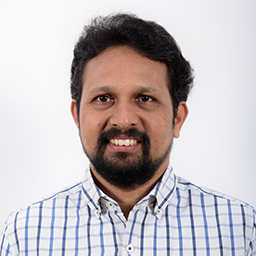
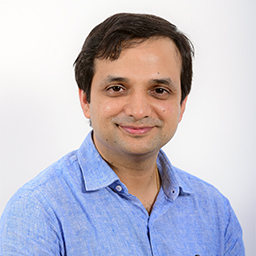
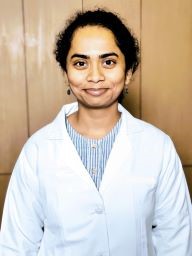
.png)
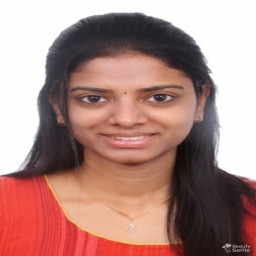
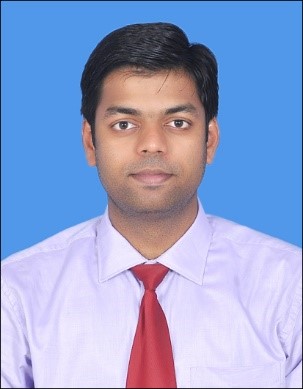
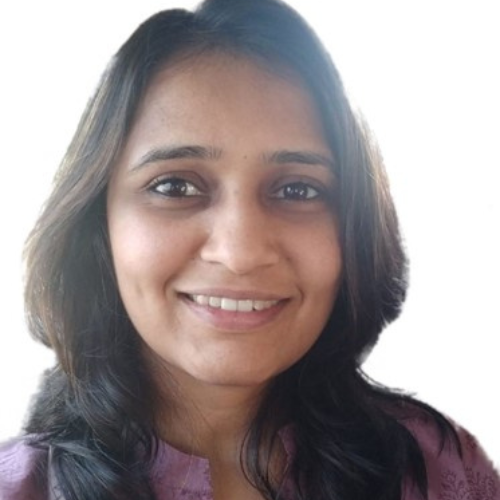

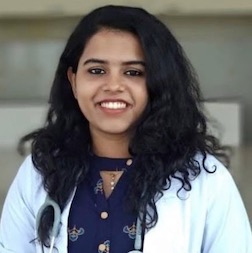

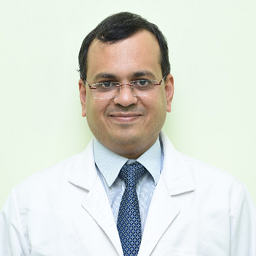
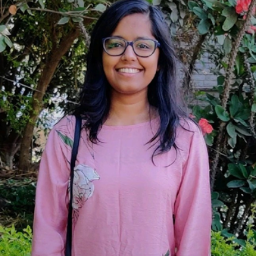
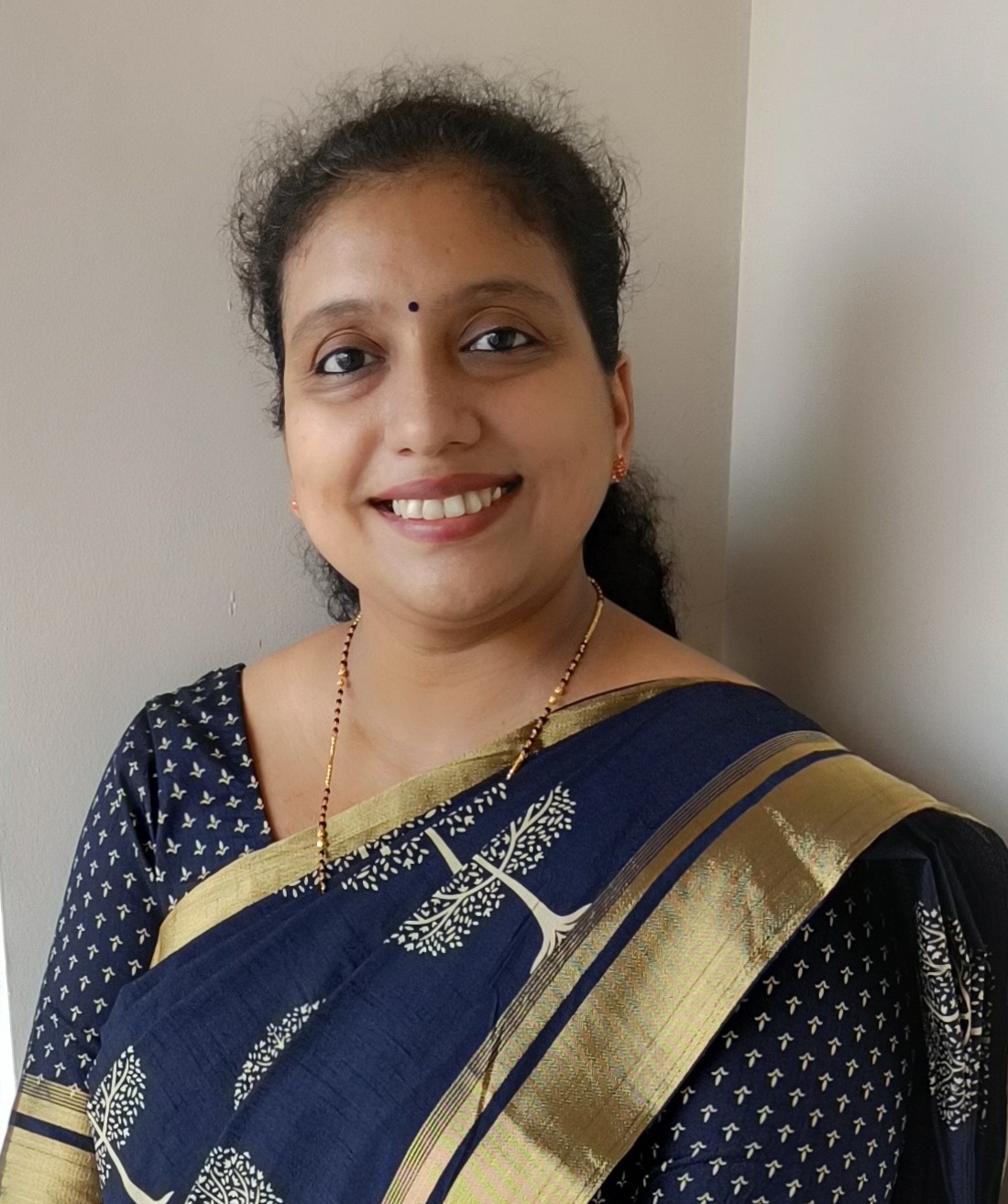
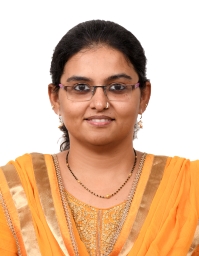
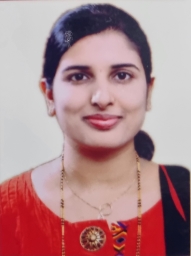

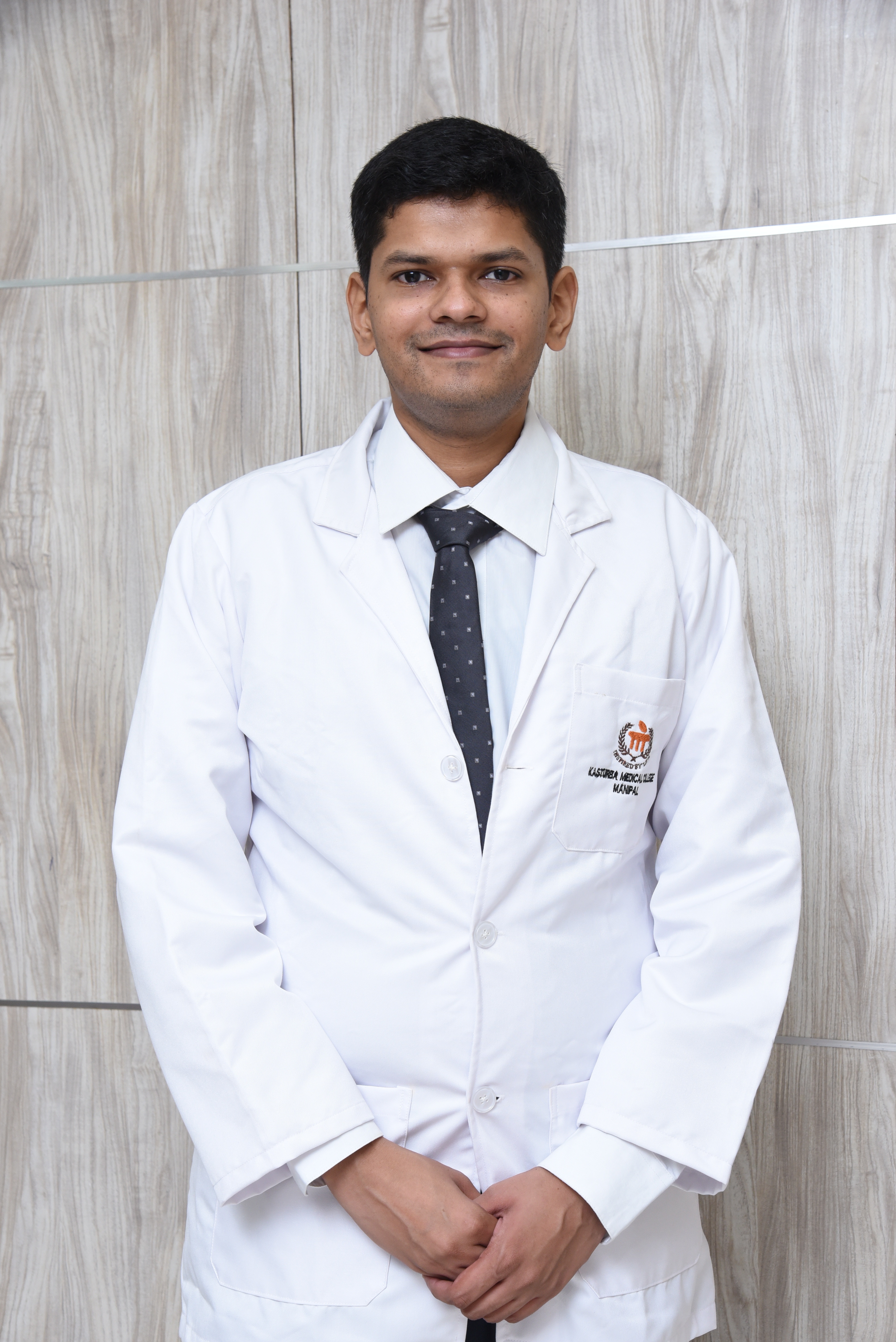

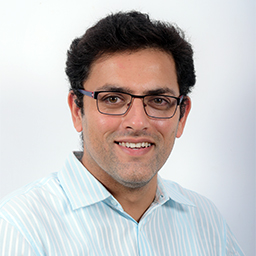
.png)
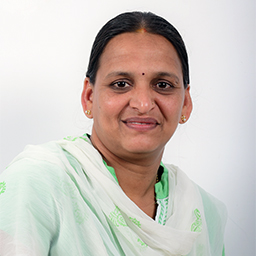
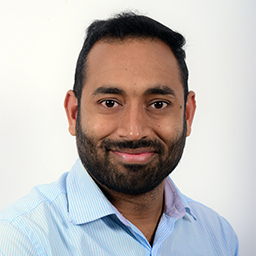
.png)
